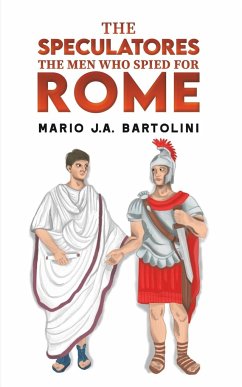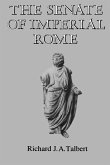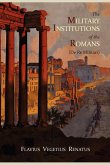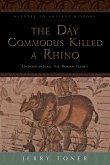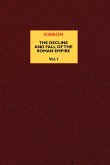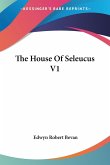Over recent decades, scholars of ancient Roman history have begun to peel back the veils on the realm of intelligence within the Roman State, exploring its integral role in shaping Rome's defensive grand strategy. While the consensus posits a noticeable shift from indifference during the Republic era (509-27 BCE) to a more engaged stance in the imperial epoch post 27 BCE, it particularly highlights the Dominate period (284-476 CE) as the 'Golden Age' of Roman intelligence endeavors. However, a veil of ambiguity still shrouds Rome's engagement in external or foreign intelligence operations, notably espionage. Amidst this scholarly dissonance, The Speculatores: The Men Who Spied for Rome embarks on an exploratory voyage to unearth the roots of this disagreement. With a keen eye on the historical narrative and a robust analysis, this book endeavors to bridge the gap in understanding, delving into the very rationale that questions the existence and extent of Roman espionage activities As you traverse through the pages, The Speculatores unveils the clandestine world of those who might have operated in the shadows for the glory of Rome, offering a fresh lens through which to understand the unseen sinews that perhaps bolstered the mighty Roman machinery of statecraft and defense.
Hinweis: Dieser Artikel kann nur an eine deutsche Lieferadresse ausgeliefert werden.
Hinweis: Dieser Artikel kann nur an eine deutsche Lieferadresse ausgeliefert werden.

